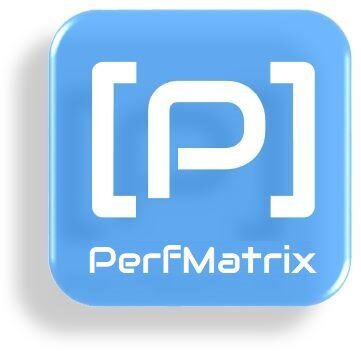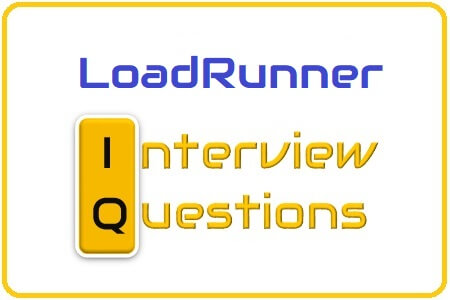Following are the LoadRunner Interview Questions Set #9.
Q. 41 How to share correlation rules with others?
Ans: Correlation rules can be exported in VuGen via navigating:
Record -> Recording Options -> Correlations -> Rules -> Export
The correlation rules are exported in the .cor file and the same file can be imported through VuGen in any other script.
Q. 42 How to add/import a new correlation rule?
Ans: New rules can be added or imported by following below steps:
Recording Options -> Correlation -> Rules -> Import

Q. 43 How to identify what to correlate and what to parameterize?
Ans: All the dynamic values coming from the server should be correlated. You can identify the dynamic values in the following ways:
- By replaying the script:
- Replay the script with the same user: You will get dynamic values like the session ID, authentication token etc.
- Replay the script with the different user: You will get user-specific dynamic values like orderID, customerID etc.
- By comparing generation and replay log:
- Replay the script
- If it fails at any particular request then look at the generation and replay log of the same request and identify the dynamic value.
Q. 44 What are the correlation functions available in VuGen?
Ans: There are 5 correlation functions available in VuGen.
- web_reg_save_param()
- web_reg_save_param_ex()
- web_reg_save_param_regexp()
- web_reg_save_param_json()
- web_reg_save_param_xpath()
Q. 45 Where should you add a web_reg_save_param function to a script?
Ans: This is a correlation function which is placed before the step that retrieves the dynamic value from the response. Not only web_reg_save_param, but all the correlation functions need to place before the step that retrieves the dynamic value.

